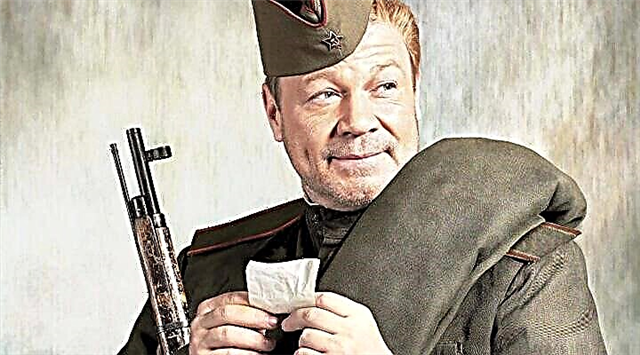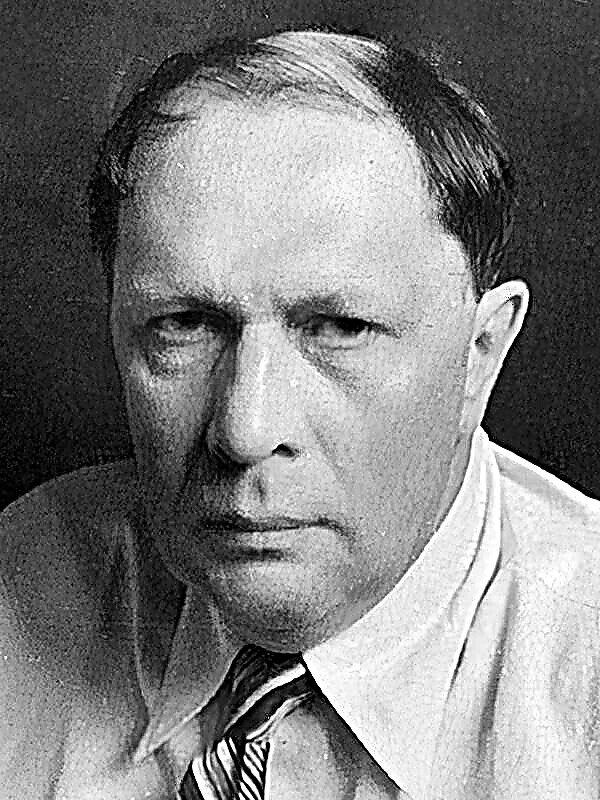Sometimes life is extremely difficult and incomprehensible. Unfortunately, there are no instructions for doing the right thing, so questions like “forgive - don't forgive?” or "revenge - forget?" become rhetorical. This became the basis for many literary works, in particular, the novel “The Master and Margarita” is saturated with the philosophy of life and “crammed” with questions about human virtue.
- (Can cruelty be justified?). “The Master and Margarita” is a novel that illuminates all sorts of philosophical topics and touches on the problems of human life. The work begins with a story about two friends - Berlioz and Ivan Homeless, arguing about the faith of people, and more precisely, about the existence of God. In the course of their conversation, a mysterious stranger enters, trying to reason with the gentlemen in such a delicate matter. However, the comrades showed obstinacy and refused to believe in the existence of higher forces. After quite a bit of time, Berlioz was hit by a tram. The moral concluded by Woland: “Everyone will be rewarded according to his faith.” Can this be considered cruelty on the part of Satan, and if so, is it justified? On his part, he deservedly punished unbelievers, taught a lesson. With this lesson, Woland’s revenge began for people so sinful and godless. It can only be reproached for the radical nature of the measures taken, but one cannot but agree that the punishments were well-deserved.
- (False kindness turned into cruelty) Can kindness turn into cruelty? Yes, if we turn to Bulgakov’s novel “The Master and Margarita”. Woland is the embodiment of Satan; throughout the book he gives people life lessons. It is worth recalling an episode from the Variety Theater. Woland decided to study the changed nature of Muscovites, and his retinue laid bare human vices with his fantastic tricks. During this performance, citizens were literally generously showered with money, women were gifted with the latest models of dresses and the most fashionable accessories. Satan did not skimp on gifts that fully emphasized the commercialism and stinginess of people. The greed with which they tried to grab the “tidbit” turned them into animals that were ready to bite for the desired thing. The greedy Muscovites paid in full for their behavior: sinful adventures of the audience were revealed, the money turned into dust, and the women were completely naked on the streets of the city. Woland taught a lesson to a generation spoiled by the housing problem. From this it is necessary to make that kindness embodied in an act often has completely different motives underneath. Often, it is she who is the instrument of sophisticated cruelty, which Satan is so famous for.
- (Kindness is not possible without sacrifice) What is kindness? I think this quality includes such an element as readiness for self-sacrifice. For example, the main character of the novel “The Master and Margarita”, distinguished by her kindness, found herself in a rather difficult life situation, with her problems and unanswered questions. She clearly needed the help of higher powers to understand the current situation. Fortunately, if I may say so, she is interested in Wolanda, who appeared in the city of Satan. She is honored to be invited to his Great Ball, and even as a queen. By agreement with the devil, at the end of the ball, the girl had the right to a request, which Woland had to unquestioningly fulfill. Finding himself at the triumph of unclean forces, Margarita fills her loneliness and fear with new acquaintances. So, on her way there is a vicious Frida, who touched the heroine with her sad story. The victim suffers from a vengeful trial for her sinful act - she strangled her unwanted newborn child. Margarita is so imbued with the fate of a new acquaintance that at the end of the ball she uses her request to save Frida from torment. Having asked not for herself, but for another person, Margarita discouraged the participants of the ball, and many readers. Instead of her happiness, she chose the help of a needy person, such kindness on her part deserves a separate bow. Thus, the willingness to sacrifice is the main element of kindness, without which the manifestation of this quality is impossible.












